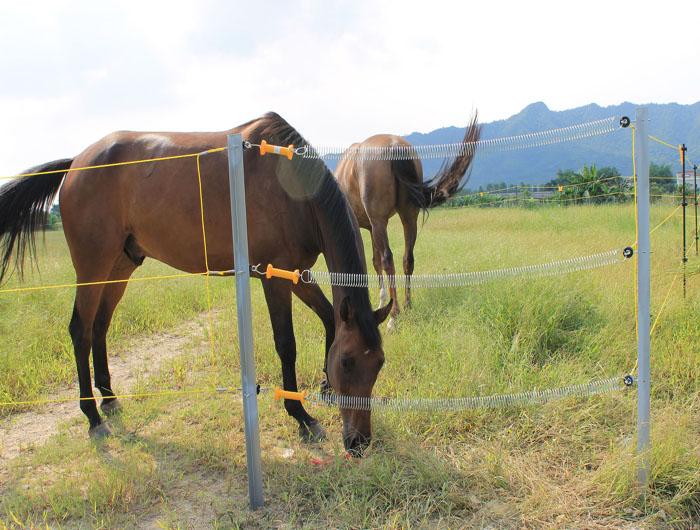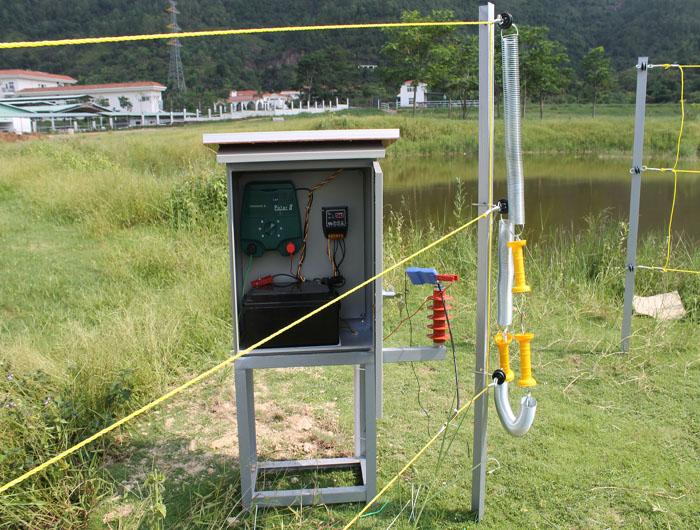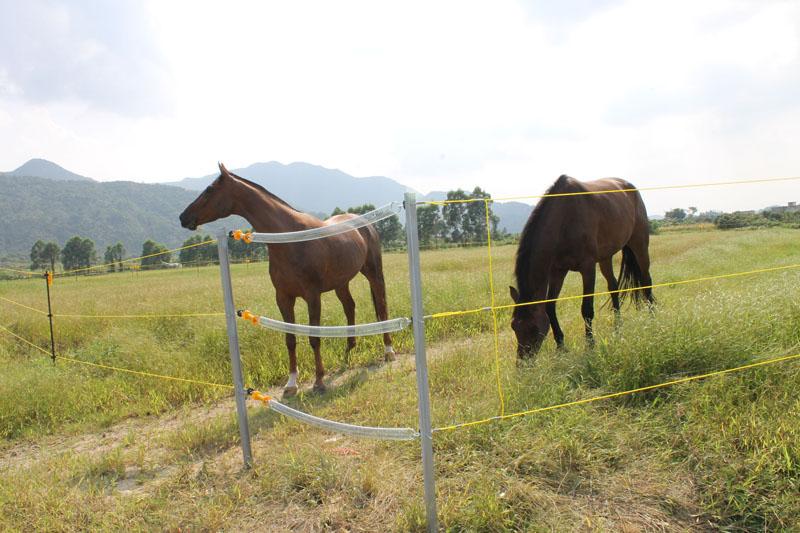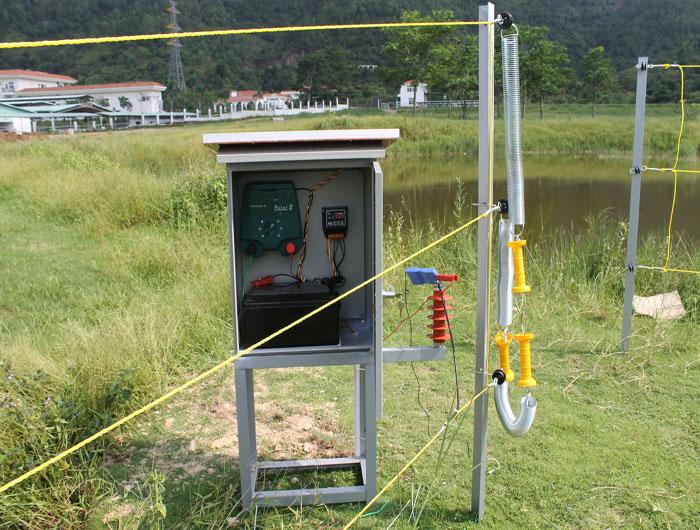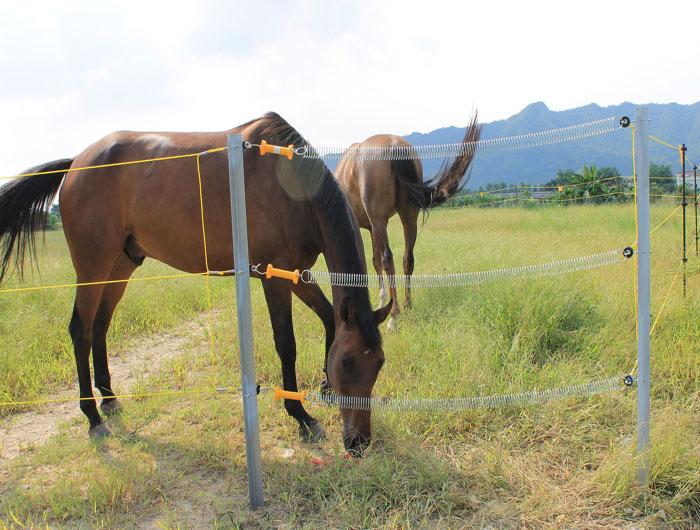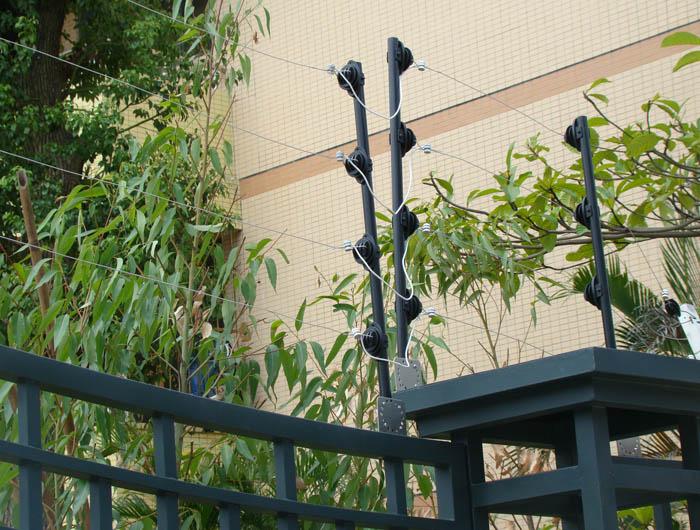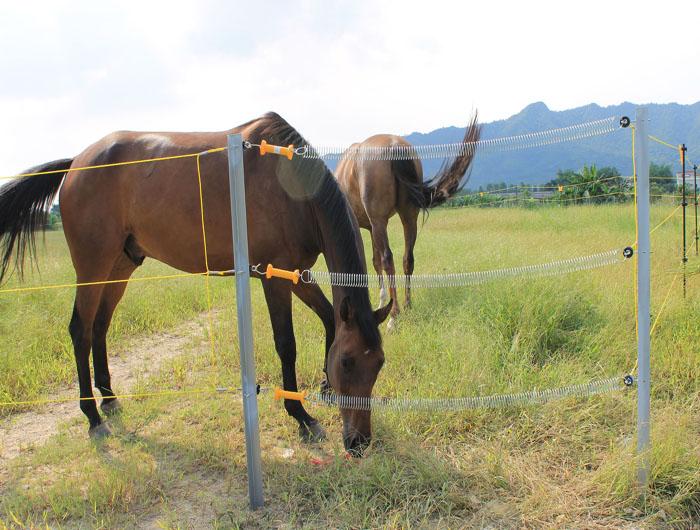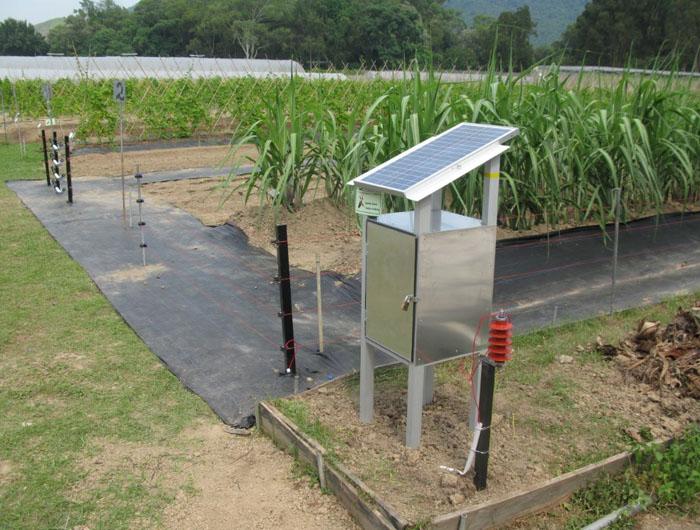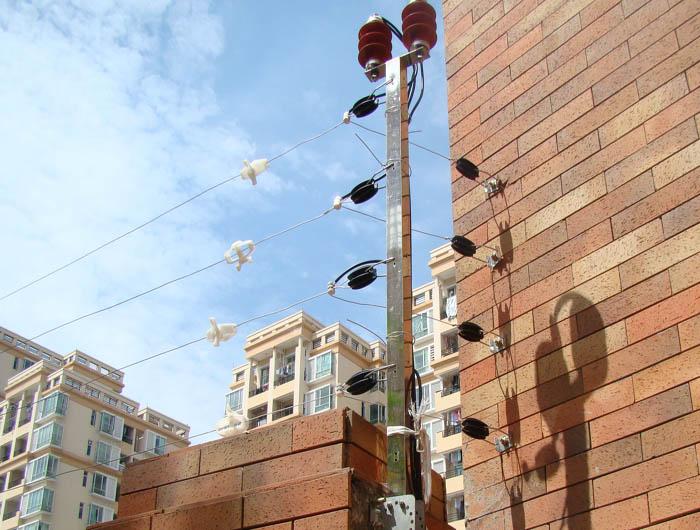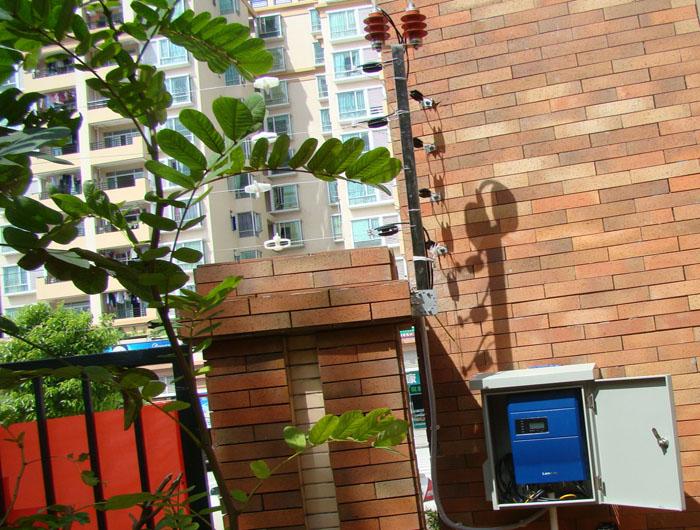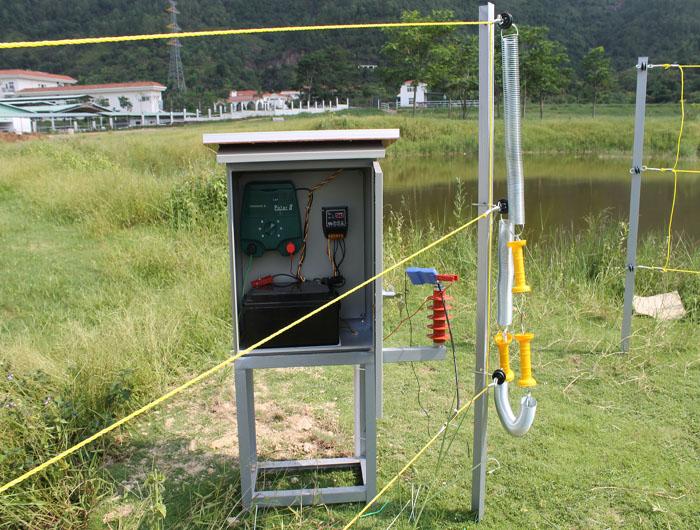Electric fence system is used to control a wide variety of animals. A typical electric fence is a psychological barrier that keeps farm animals in and wild animals out, even over long distances. The animal will touch the electric fence and become “trained” not to go near the fence.
It is the basic concept behind the entire electric fence system. Joule is the energy used to deliver current in the fence wires. Joule measure how much energy is delivered an animal that touches the fence. For example, think of joules like calories. Carrying a 5 kg weight for 1 km burns a certain number of calories. Increasing the weight to 10 kg requires more calories. Similarly, if there is less load on the fence, fewer joules are needed. More joules are required for more vegetation, dry ground, or poor conductors. The joule rating of the fence determines how strong the shock will be. For example, a fence with a higher joule rating will deliver a stronger shock. Selecting the right joule rating for an electric fence depends on a variety of factors, including the length of the fence, the type of animal you are containing or excluding, and the vegetation or other obstruction that may be in the fence line.
As a general rule, a minimum of 0.5joules is recommended for most general electric fences, with higher joule rating being necessary for longer fence lines, thinker vegetation, or larger animals.
Here are some general guidelines for selecting the right joule rating for your electric fence. For small animals such as rabbits or dogs, a joule rating of 0.2to 2 is usually overly sufficient. For larger stubborn animals such as sheep, goats, or pigs, a joule rating of 0.5 to 5 is usually necessary, with higher joule rating being required for longer fence lines or thicker vegetation. For predator exclusion fences, such as those used to keep out foxes or wild dogs, a joule rating of 5 or higher may be necessary.
In conclusion, the number of joules a fence charger needs to effectively power an electric fence will depend on several factors, including the size of your property, the type of animals you're trying to deter, and the type of fence you have. Be sure to choose a charger with enough joules to meet your needs and read the manufacturer's specifications carefully to ensure compatibility with your fence.
“if you do not learn to think when you are young, you may never learn.”
— edison

